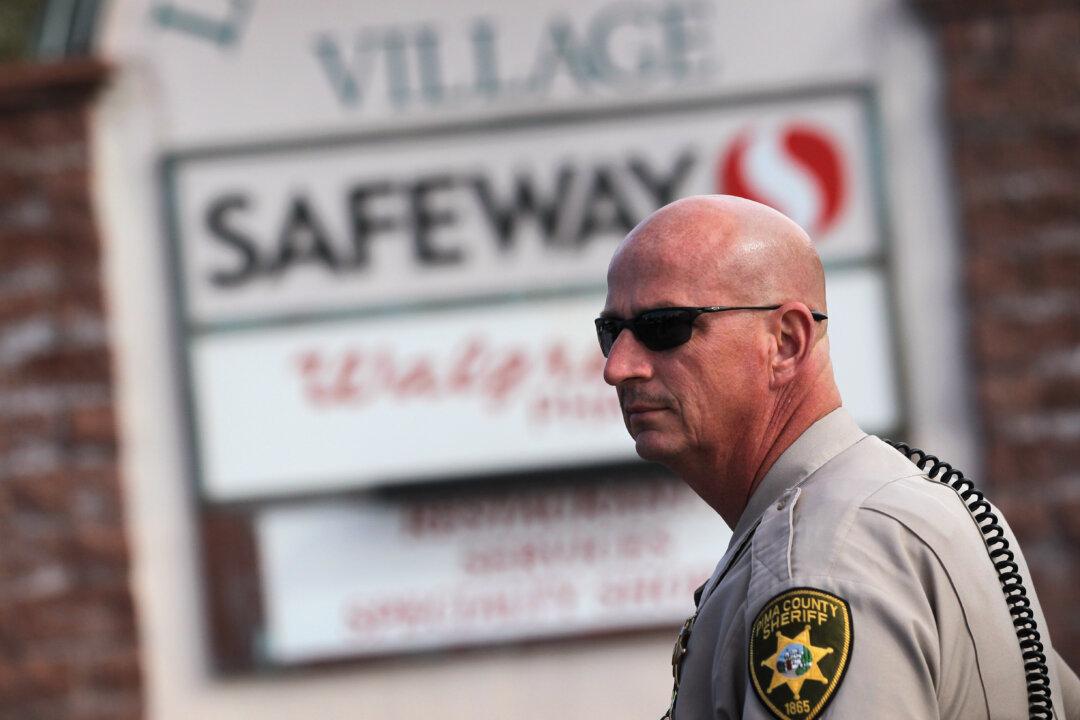The top prosecutor in Arizona’s Pima County reversed a nonprosecution policy on certain drug possession cases last month after the stance failed to meet the intended goal of reducing the jail population.
The failure was brought about by local law enforcement agencies, many of which continued to make arrests in the belief that it’s their job to enforce the law regardless of prosecution policies.





